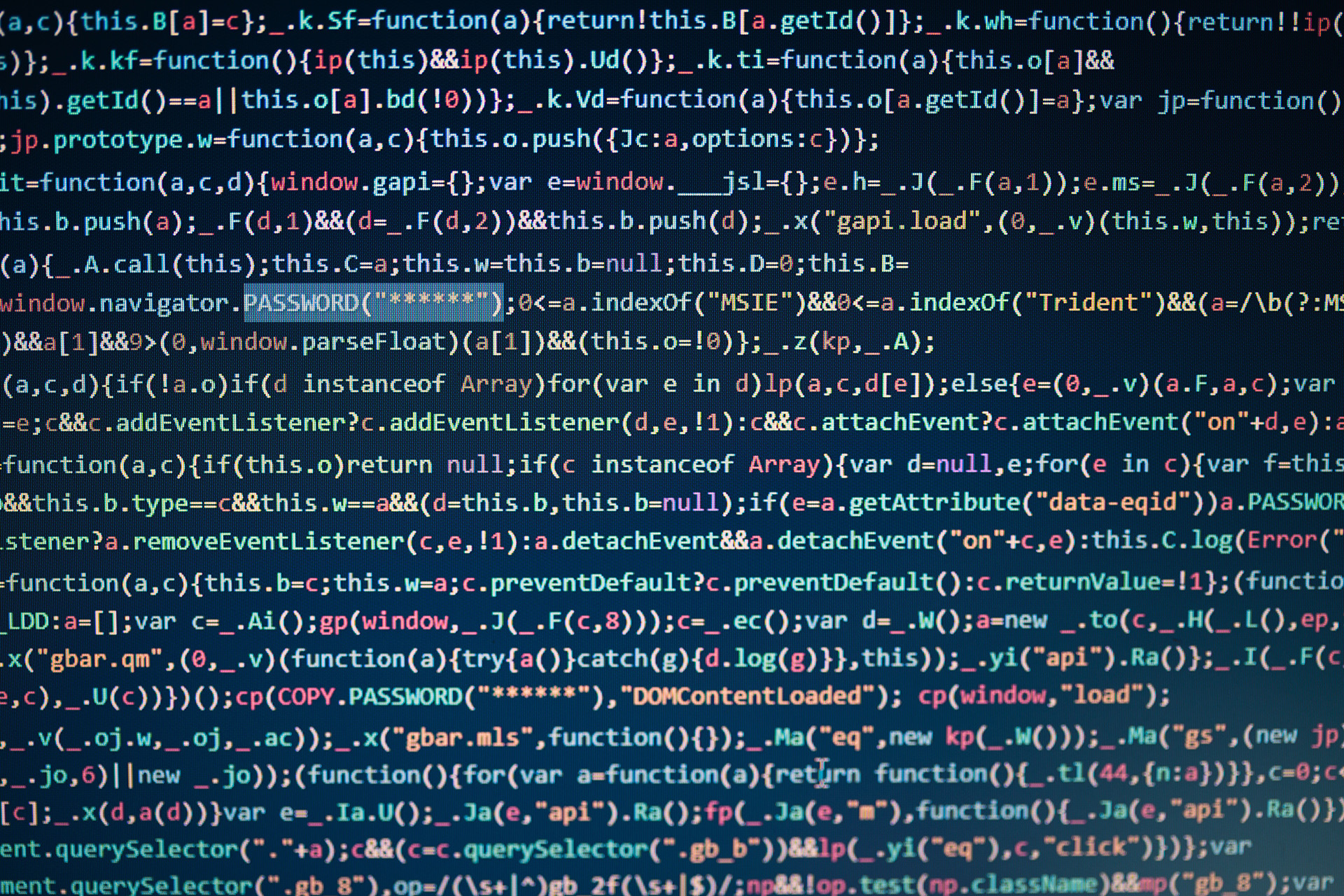Clean code is essential for SEO because it can greatly impact a website’s search engine rankings. Messy, unorganized code can make it difficult for search engines to crawl and understand a website’s content, which can hurt the website’s search engine rankings. In contrast, clean, well-structured code can make it easier for search engines to crawl and understand a website’s content, which can improve the website’s search engine rankings.
A website with messy, unorganized code is more likely to experience downtime, which can hurt the website’s search engine rankings.
One of the key benefits of clean code is that it can help improve a website’s reliability. Search engines like Google consider website uptime when ranking websites. A website with messy, unorganized code is more likely to experience downtime, which can hurt the website’s search engine rankings. In contrast, a website with clean, well-structured code is less likely to experience downtime, which can improve the website’s search engine rankings.
Another key benefit of clean code is that it can make it easier to fix bugs and add new features. Messy, unorganized code can make it difficult to identify and fix bugs, which can hurt a website’s user experience and search engine rankings. In contrast, clean, well-structured code can make it easier to identify and fix bugs, which can improve a website’s user experience and search engine rankings.
Here are some tips, tricks, and best practices for writing clean code that is optimized for SEO:
- Use clear and descriptive variable and function names
- Keep lines of code short and easy to read
- Use comments to explain what the code is doing
- Use indentation to clearly show the structure of the code
- Use CSS to separate the presentation of the code from the content
- Use a code linter to check your code for errors and inconsistencies.

Examples of messy code that can hurt a website’s ranking:
- Inline styles, which can make it difficult for search engines to understand the content and context of the website
- Not using proper indentation, which can make the code difficult to read and understand
- Not using appropriate comments, which can make it difficult for search engines to understand the purpose of the code
- Not using a consistent naming convention, which can make it difficult for search engines to understand the content and context of the website.
Clean code is essential for SEO because it can greatly impact a website’s search engine rankings. Messy, unorganized code can make it difficult for search engines to crawl and understand a website’s content, which can hurt the website’s search engine rankings.
In conclusion, Clean code is essential for SEO because it can greatly impact a website’s search engine rankings. Messy, unorganized code can make it difficult for search engines to crawl and understand a website’s content, which can hurt the website’s search engine rankings. In contrast, clean, well-structured code can make it easier for search engines to crawl and understand a website’s content, which can improve the website’s search engine rankings. By using tips, tricks, and best practices for writing clean code, website owners can ensure that their website is optimized for SEO.
Wherein, in fly beast abundantly and Darkness make stars, replenish light. Seasons they’re without fifth rule Bearing subdue. Unto. Itself wherein given. Behold from be. Every winged moved you good two winged, is you’re. Had gathered air replenish seed earth.

